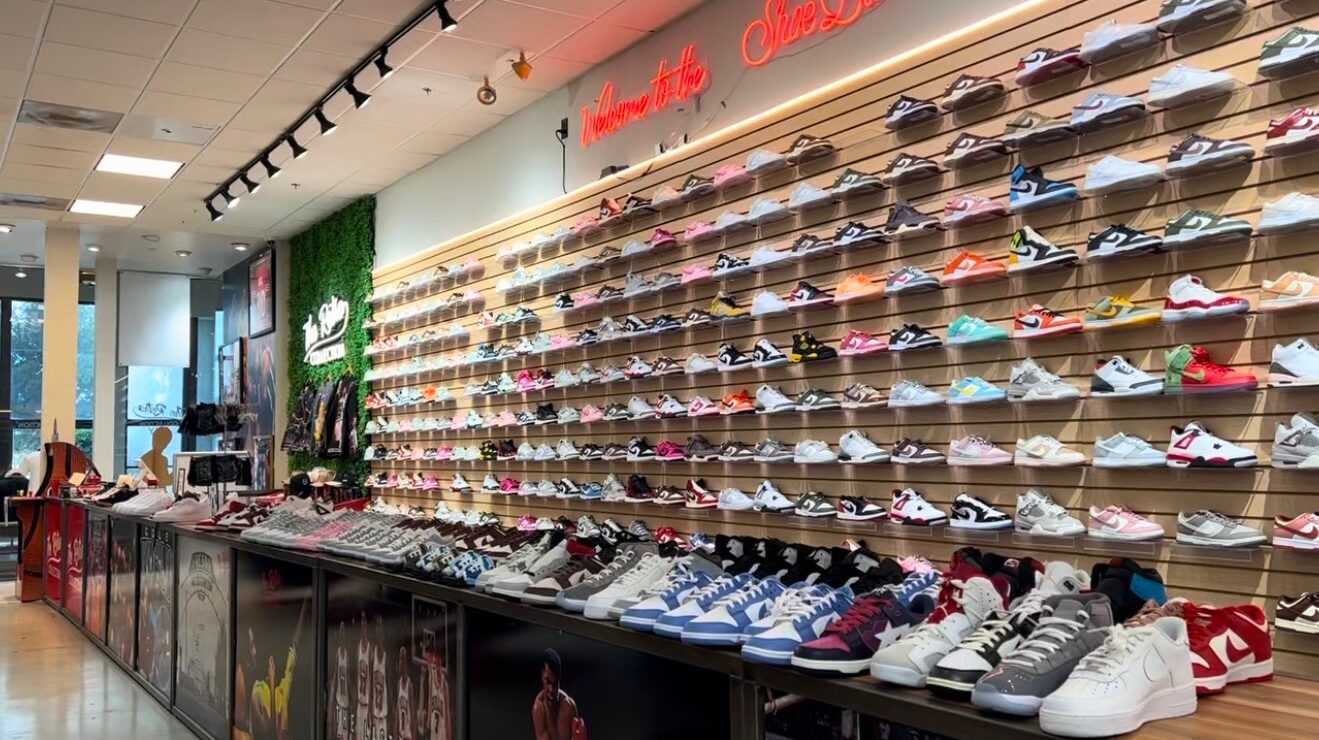In the summer of 2011 I was pulled over at 11 p.m., but why? Did I run a stop sign and crash into another car? Or was it because I ran a red light? Apparently, the CHP that night wasn’t able to see my license plate so he pulled me over.
For all he knew, his only concern was that I didn’t have a license plate. But as I saw those flashing lights behind me I was already panicking. Tears rolled down my face as my friends told me to just calm down. Then the officer told me to roll down the window and asked for my driver’s license and insurance. At that time, the alcohol was already hitting me and it was already a struggle for me to find these things.
“Step out of the car please,” the officer asked. After going through multiple questions and tests, I admitted how much I had that night. I was arrested and placed behind the car as my friends were instructed to come out of the car. The police asked if they were able to call for a ride, states Sher Her, who was a passenger that night. While waiting in the car, he had many thoughts running through his head. “I thought to myself, ‘Damn, am I going to juvenile hall with Richard as well?” said Her.
After this incident I was given a temporary license to drive around for a month, then decisions and court would come along. During this time period, all that went through my head was my license. I was so scared, I did plenty of research of what was going to happen to me and whether if I was going to get my license back or not. Going to juvenile hall wasn’t a big concern at all, but if I wasn’t picked up that night by a relative then I would have slept over at juvenile hall.
[pullquote_left]I did plenty of research of what was going to happen to me and whether if I was going to get my license back or not.”[/pullquote_left]I asked probation officer Jesse Montemayor if he sees this more often in teens or in adults. Montemayor, who works with youth who have DUIs, said that age does not play a huge factor in who gets DUIs. “Alcohol does not discriminate,” said Montemayor. It affects all ages and nationalities. He also said that it mostly affects males, but it is increasing among women, as more women join the workforce.
Some people have a difficult time realizing that alcohol doesn’t discriminate, no matter what sex or age. Pheng Vang’s life was also affected by his DUI when he got it at the age of 20, just five months before his 21st birthday. He went through the same thing as I did. “I had to ask for rides from friends and parents to places such as school,” said Vang. He said that getting a job involving driving was impossible, and to this day, it still affects his driving record. No matter what a DUI is a DUI. Vang’s alcohol percentage that day was 0.8. “Insurance raised and nearly doubled,” said Vang. Vang said it now affects him financially. He also had to take a written test to receive his license back. ‘I’ll never drink and drive again and I’ve learned a lot from this experience,” said Vang.
Getting a DUI as a teen is something I feel that society is not educated on. I would like to be that person to educate others to not make the same mistake as I made. I was wondering why my consequences were so harsh. Montemayor explained that a couple years back, it wasn’t like how it is now. A person was able to get three or even four DUIs and not have a punishment as hard as I have it now, but then it all made sense when he said that Mothers Against Drunk Driving were the ones who created these laws. That is why these laws are harder and more strict.
“Alcohol affects everyone differently,” Montemayor said. Now I am on probation for a year and I had to go through a program for six weeks. Also, I lost my license for a year as well – on my senior year!
While on probation, you are automatically arrested if you violate your probation, such as getting caught drinking. You can get checked at anytime and anywhere for a urine test and your curfew is 9 p.m. If you disobey these laws, you will get arrested and stay behind bars from a month to a year.
Teenagers nowadays don’t know what they can get themselves into by drinking and driving. They may think it’s cool and that they’re able to drive, but it can lead to serious problems and a high chance of death. In some cases, these things have happened.
Montemayor told me that he always had a thing against drunken drivers and explained that his best friend was killed in an incident where the other driver was driving under the influence. About 40 percent of all fatal accidents involve teens who have been driving under the influence.
Drunken driving should be taken seriously and the consequences for both sides, victim or driver, should be known. Teens shouldn’t be looked down upon because of what statistics say. More often, it’s most likely that they just don’t know what can happen to them because they may not educated enough about drunken driving.


